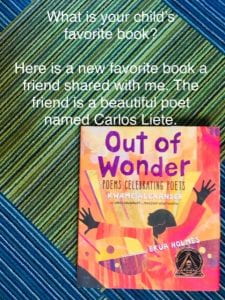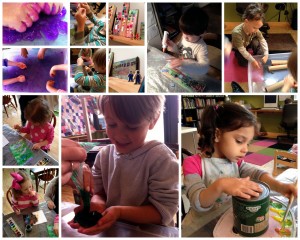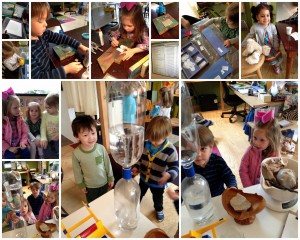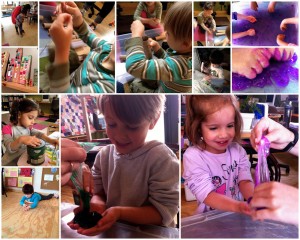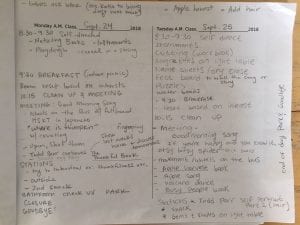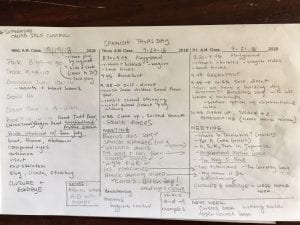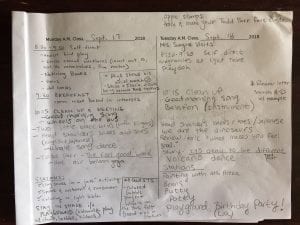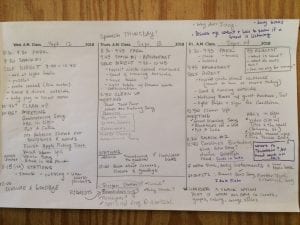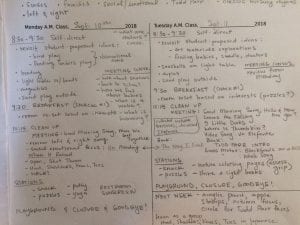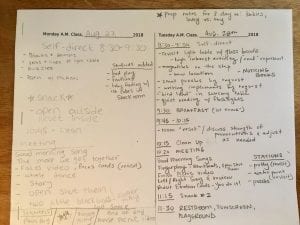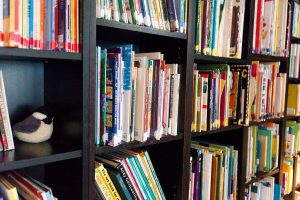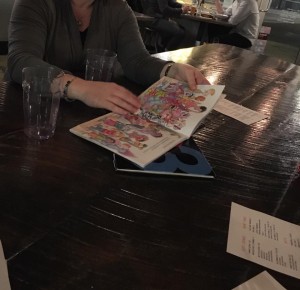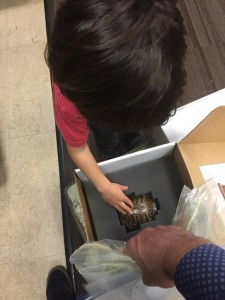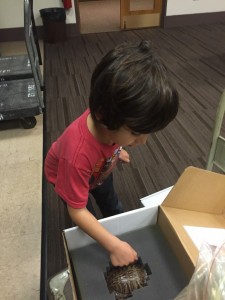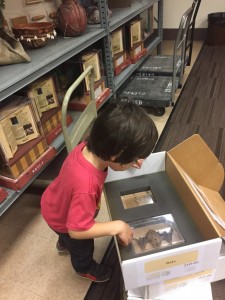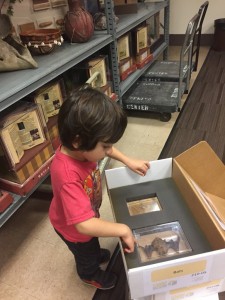Dearest Cortland Community,
If you’ve been following along with us from the very start, you may recall that Cortland began as a project of wonder. We wondered if we could make a little Reggio Emila preschool in a mixed demography / SES urban, North American neighborhood. We wondered if we could teach in a way that we believed to be best practice based on experience and research. We wondered who would join in with our little preschool, what they would teach us, how they would learn with us, how we would become a community.
We wondered what the future might hold, and we wondered how we might get there.
After a two-year contemplation and intentional search process, I am very pleased to announce that Cortland Preschool has formally agreed to partner with Scuola Italiana Enrico Fermi to help move forward the following goals:
1. To grow into a progressive, preK – 8th grade school with an IB focus
2. To continue to support a diverse community
3. To continue to work with teachers and families to learn and grow in Reggio Emilia understanding and best practice
We are excited to find a simpatico school with a very strong Reggio Emilia commitment that supports a diverse community and has room and ability to grow for and with all of us.
So what will change? How does this new future impact our current present?
For this year, Cortland will stay the same lovely little preschool we have all come to know and love. August 21, 2020 will be Cortland Preschool’s official last day at the 1859 N. Talman location–this location will re-open as Cortland Consulting, a place for Reggio Emilia-focused teacher training, parent workshops, and project development.
Current Cortland families will have many opportunities this year to “bridge” into the Scuola Italiana community, if they so choose, making their final enrollment transitions the end of August and beginning of September. We will launch new amenities to Cortland parents throughout the autumn and winter of 2019 to aid in this transition, for example, Aftercare Atelier with Ms. Katie Caleca at SIEF, Monday – Friday from 3:00 – 6:00 p.m. (talk to Ms. Amy for details).
But an Italian International school?
After seriously considering other potential partner schools, having many meetings, conferring many times with trusted mentors, laboring and struggling for two years to make a sound decision, SIEF emerged as the most committed partnering school; SIEF was able to see what Cortland offers and does really well, and SIEF wants to help Cortland families and alum meet their long-term goal of a preK – 8th grade Reggio school in Chicago.
But an Italian International school?!
Si! We know through research that a child’s brain is elastic and receptive to other languages, many languages, indeed, a hundred languages, especially when languages are introduced at an early age. Italian is a Romance language and tied to Spanish, French, Portuguese, etc. It is the mother language of Loris Malaguzzi, founder of the Reggio Emilia approach, and brings us closer to understanding the intentions and ideals that govern Italian Reggio schools. I believe Sculoa Italiana Enrico Fermi is the closest school in Chicago that we will find that emulates and feels like a truly Italian Reggio school–and so hooray for us for finding a partnering agency that offers opportunity, preserves the sanctity of childhood, embraces Reggio practice, and is committed to a preK- 8th grade Chicago IB program!
What else?
Current Cortland teachers have been invited to join in at SIEF over the course of this school year; some have chosen to participate as part-time employees, some have chosen to participate as substitute teachers. I will continue as Director for both schools for this year, splitting my time between both programs; Ms. Shanel Jackson will continue to lead as Assistant Director.
As SIEF is in a growth year (their program just doubled in size), I am currently giving more time to get their programs and teachers fully settled. Cortland is fortunate to have excellent teachers and substitutes in place; as SIEF is a very short distance from Cortland, we are sharing time and resources the way sister schools and sister causes should.
Language classes, Open House Tours, and special “social mixers” and events have been planned for the rest of the school year to help Cortland families who want to learn more, try out SIEF, and show support by joining in. The SIEF community is eager to mix and mingle, to welcome and to share what they love about SIEF, what they love about Reggio Emilia teaching and learning, and especially what they love about their children. We have much in common with SIEF’s unique international community!
Success = Your Support
What Cortland + SIEF will need to be successful is your support.
Your support means talking and sharing about these changes and opportunities with Cortland teachers, myself, and our community. Your support means thinking about long-term, big-picture growth and potentially committing to joining this new and exciting school as we develop this year and add a Kindergarten for September of 2020. Your support will especially mean getting involved with the SIEF community and learning if this is a place you want to be a part of, too.
So…
More to come, this is just a first step toward a very beautiful segue for Cortland and SIEF. Cortland is ready to grow but cannot do it without more support. SIEF is growing but cannot do it without more support. We share Reggio passions, we share a global citizenship focus, we share affordable tuition and opportunities for families to learn and grow together.
I look forward to the conversations we will have in the upcoming weeks, and I appreciate all of the support we have been given to get Cortland to this point so far.
We wonder what the future holds–please continue to wonder with us? Your support means everything.
With love, gratitude, and deep respect to our Cortland community, past, present, and future,
Ms. Amy M. Ewaldt, MAT and your Cortland Teachers
director@cortlandpreschool.com

